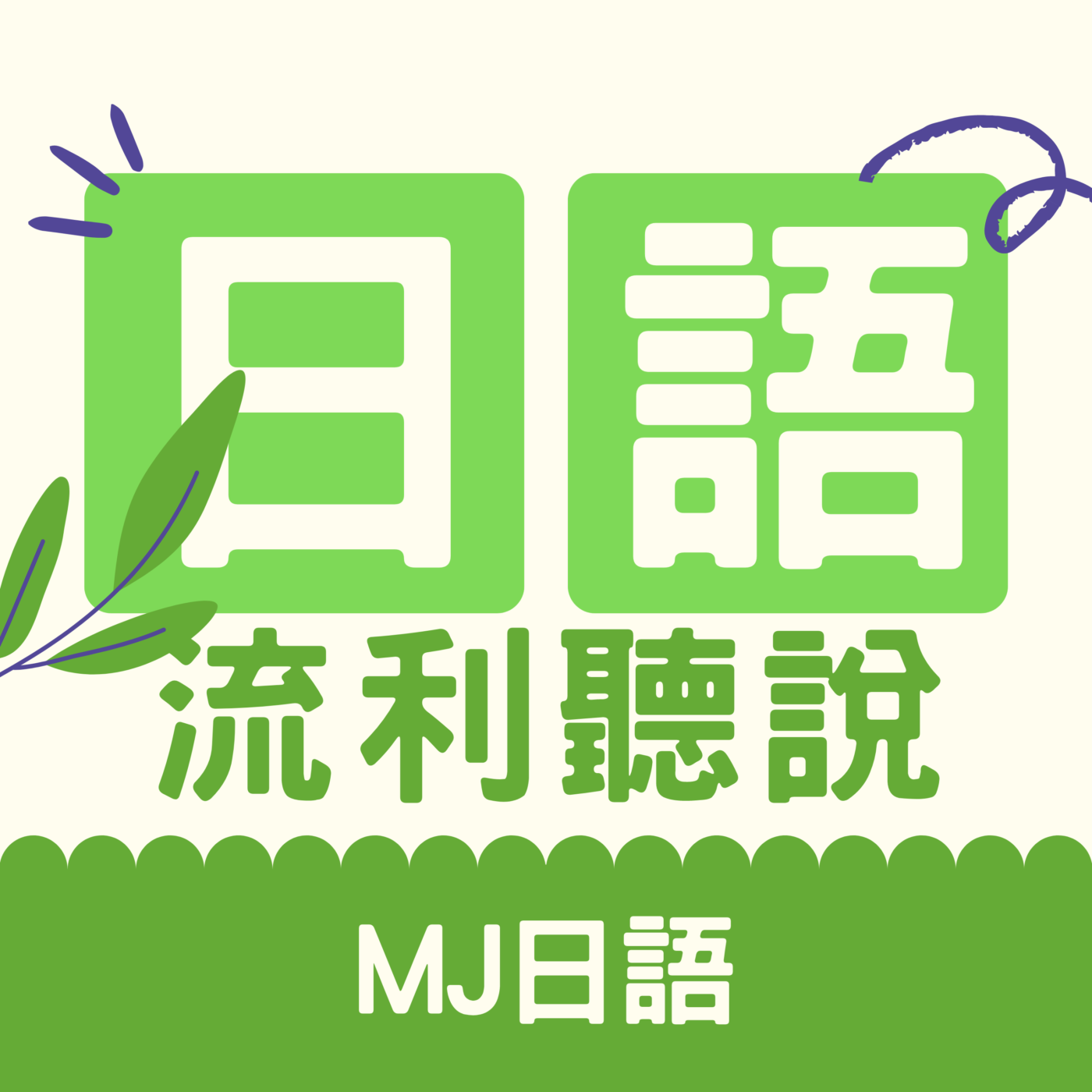今天我們要來學一個日文超常見的條件句型「~たら」,它的意思就像英文的 if 或 when,可以用來說「如果有空的話就一起吃飯吧」、「回到家就洗澡」這類情境。這篇文章會帶你搞懂「~たら」的基本用法、常見搭配和生活例句,一學就上手!
Today we’re learning the Japanese grammar “~たら,” which means “if” or “when.” You can use it to say things like “If I have time, let’s eat,” or “When I get home, I’ll take a bath.” This article breaks it down clearly with useful examples and easy rules!
📘 文型解說|Grammar Breakdown
| 文法結構 | 說明(繁體中文) | Explanation(English) |
|---|---|---|
| 動詞た形+ら | 表示「如果~的話」、「~之後就~」 | Verb (past tense) + ら = if/when something happens |
| い形容詞た形+ら | 同上(先變成過去形) | i-adjective (past) + ら |
| な形容詞+だったら | な形容詞 + だった + ら | na-adjective + dattara |
| 名詞+だったら | 名詞 + だった + ら | Noun + dattara |
🧠 基本意思(Basic Meaning)
- 「~たら」有兩種主要意思:
- 如果~的話(條件):假設某件事成立,就會做某事。
- ~之後(時間點):發生一件事後,接著發生另一件事。
“~たら” has two main meanings:
- Conditional “if”: If A happens, then B.
- Sequential “when”: After A happens, then B.
🔤 常見搭配詞(Common Combinations)
| 日文 | 中文意思 | 英文意思 |
|---|---|---|
| 暇だったら | 如果有空的話 | If I’m free |
| 帰ったら | 回到家的話 | When I get home |
| 安かったら | 如果便宜的話 | If it’s cheap |
| 雨が降ったら | 如果下雨的話 | If it rains |
| 終わったら | 結束之後 | After it ends |
💬 例句練習|Practice Sentences
| 日文 | 中文翻譯 | English Translation |
|---|---|---|
| 暇だったら、一緒に映画を見よう。 | 如果你有空的話,我們一起看電影吧。 | If you’re free, let’s watch a movie. |
| 家に帰ったら、シャワーを浴びます。 | 回家後我會洗澡。 | When I get home, I’ll take a shower. |
| 雨が降ったら、試合は中止です。 | 如果下雨的話,比賽就會取消。 | If it rains, the game will be canceled. |
| 安かったら、買いたいです。 | 如果便宜的話我想買。 | If it’s cheap, I want to buy it. |
| 宿題が終わったら、ゲームをしてもいいよ。 | 作業做完後就可以玩遊戲喔。 | You can play games after finishing your homework. |
✅ 文法重點小結|Quick Grammar Recap
- 「~たら」可以用來表達「如果~的話」或「~之後」的意思。
- 動詞、形容詞、名詞都能接,只要先變成過去形再加「ら」。
- 不論是預測、建議還是單純描述時間順序,都能用這個句型!
“~たら” is a must-know grammar for saying “if” or “when” in Japanese. Just remember to use the past tense form before adding “ら” and you’re good to go for both conditions and sequences!




